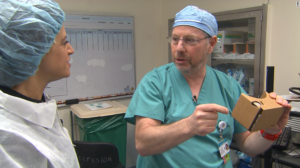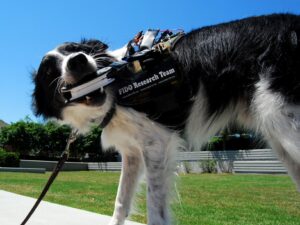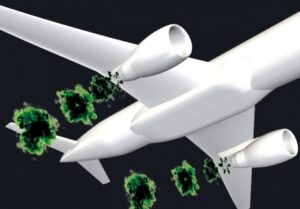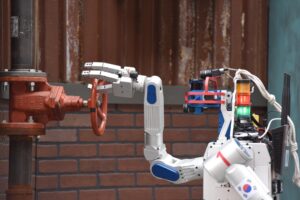
Economic & Political Forces Drive Semiconductor Consolidation
The acquisition fervor will likely continue, as long as liquidity is freely available. Mentor Graphics’ CEO Walden Rhines gives his take. The major semiconductor industry consolidations of the last year or two were, in general, were NOT driven by a desire for greater economies of scale, as I explained in









